What types of substrates are suitable for machine screw anchors
2025-09-16In the construction and engineering industry, choosing the right anchor type is crucial to ensuring the safety and durability of your project. As a versatile and reliable mechanical anchor, machine screw anchors, with their unique expansion mechanism and wide applicability, play an important role in various substrates.
Sturdy Concrete: An Ideal Application Environment
Concrete is one of the most ideal substrates for machine screw anchors. Its strong, dense, and uniform properties provide a strong anchoring foundation. When a machine screw anchor is installed into concrete, the internal cone is struck, causing the external sleeve to expand evenly outward, generating a powerful 360-degree radial pressure without dead angles. This expansion force is offset by the high compressive strength of concrete, generating strong friction and locking force, securing the anchor securely to the hole wall.
In concrete, machine screw anchors can withstand high tensile and shear forces. Their expansion mechanism distributes stress evenly, allowing them to operate effectively even at concrete edges or in areas with minor cracks, reducing the risk of substrate cracking due to stress concentration. This makes it a reliable choice for applications such as securing pipes, cable trays, mechanical equipment, and lightweight steel structures.
Hollow Brick and Porous Masonry: Superior Adaptability
Compared to traditional expansion bolts, machine screw anchors perform particularly well in non-solid substrates such as hollow brick and porous masonry. These substrates contain internal cavities, and traditional expansion bolts, lacking sufficient internal support during expansion, can easily cause the substrate to crack or fail to effectively secure.
Machine screw anchors cleverly address this challenge. As their sleeve expands against the hollow brick hole, the expansion force is relatively dispersed, creating multiple points of contact with the solid interior of the brick. This significantly reduces the risk of damage to the fragile hole wall. By selecting the appropriate depth and location during drilling to ensure contact between the expanding portion and the solid brick, machine screw anchors provide reliable load-bearing capacity, making them an ideal solution for installing light to medium-weight items such as cabinets, shelves, and curtain rods.
Solid Brick Walls: A Stable Fixing Solution
Machine screw anchors also perform well in traditional solid brick walls. Solid brick has a density and strength between concrete and hollow brick. The expansion mechanism of anchors in solid brick is similar to that in concrete, with friction generated by the expansion of the sleeve.
However, it is important to note that solid brick may not be as strong as concrete, and the mortar between bricks is weaker. When installing machine screw anchors, avoid installing them in mortar joints and instead choose holes in the brick itself. When properly installed, machine screw anchors provide reliable load-bearing support and are used to secure door and window frames, plumbing, and electrical boxes.
Natural Stone and Hard Rock: Options for Special Applications
Beyond man-made building materials, machine screw anchors are also used in natural stone and hard rock. These substrates offer high strength and density, providing an excellent anchoring base for the anchors. In stone installation, machine screw anchors can be used to secure decorative panels, sculptures, or structural components.
Due to the brittle nature of natural stone, extreme care must be taken during drilling to prevent chipping. Once properly drilled, the uniform expansion characteristics of the machine screw anchors effectively reduce internal stress damage to the stone, ensuring a secure and aesthetically pleasing connection.




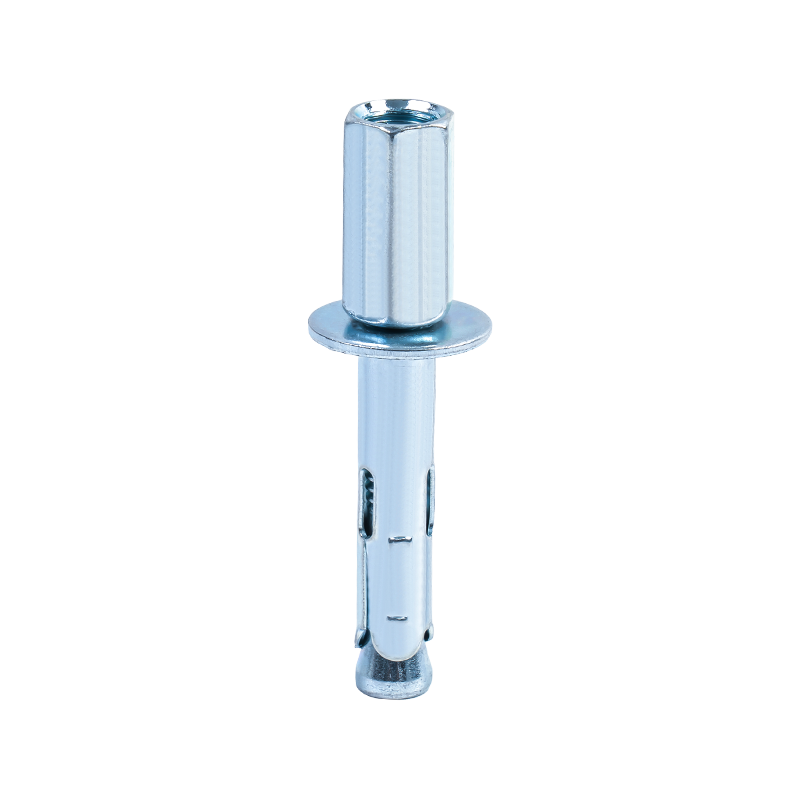
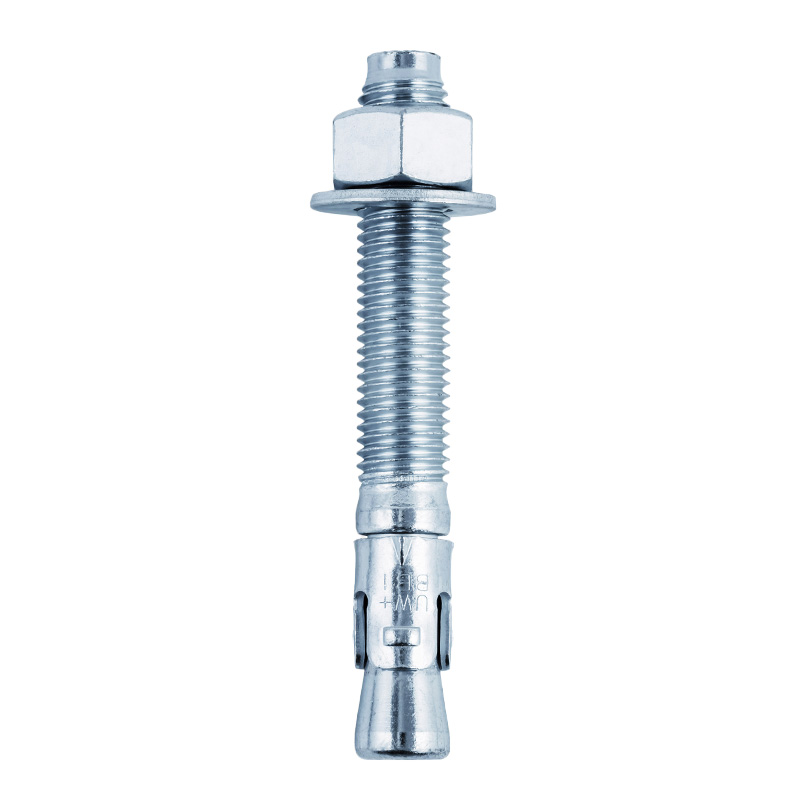
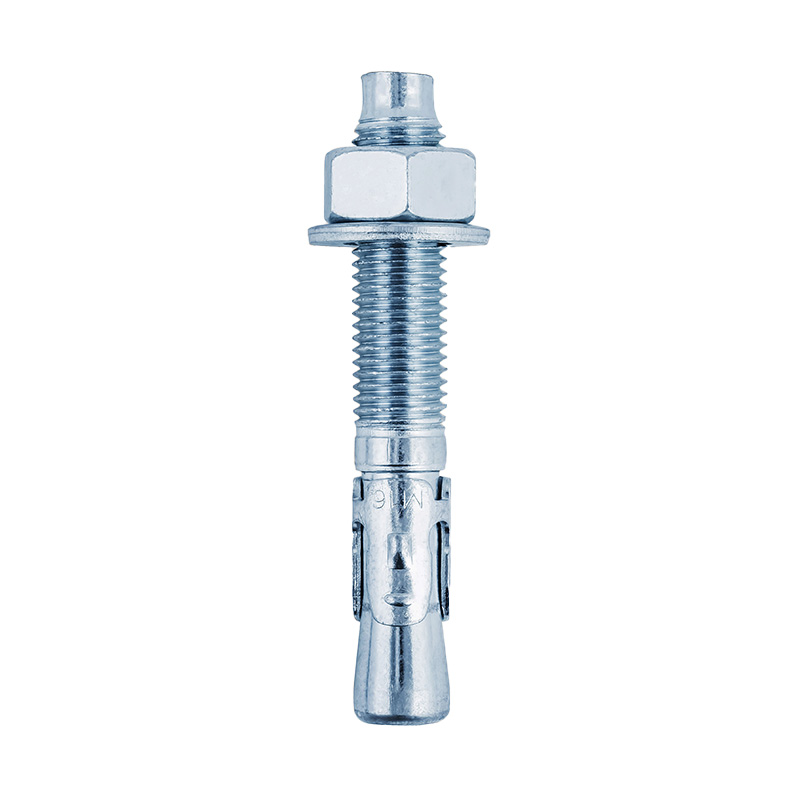
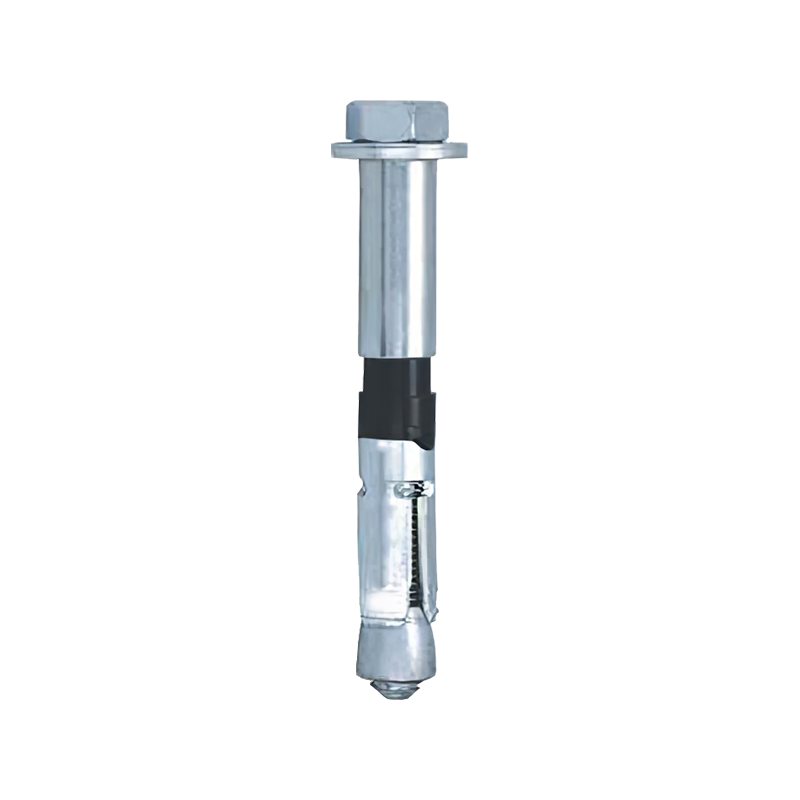
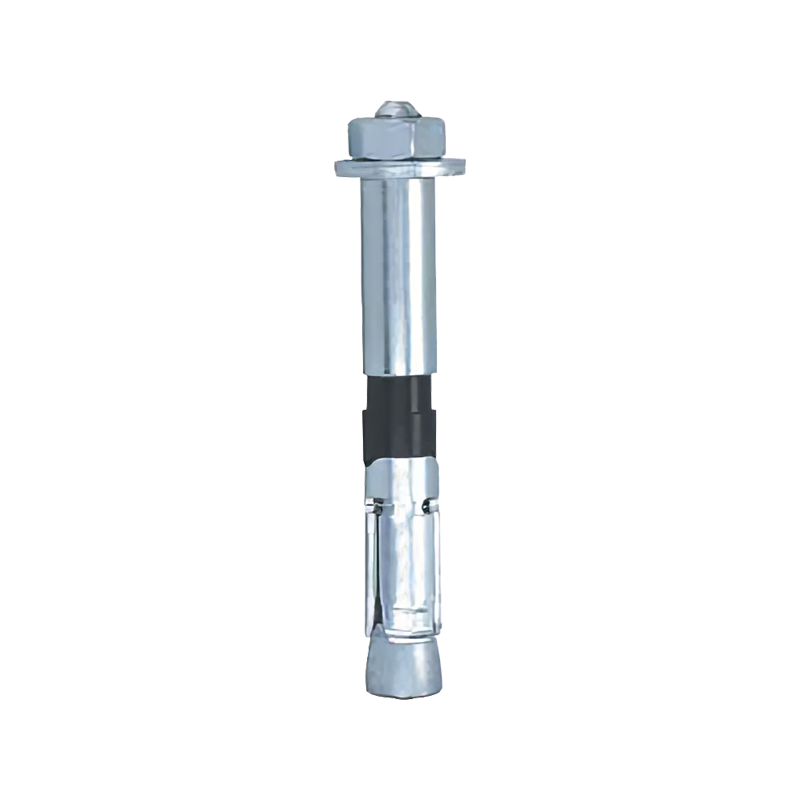
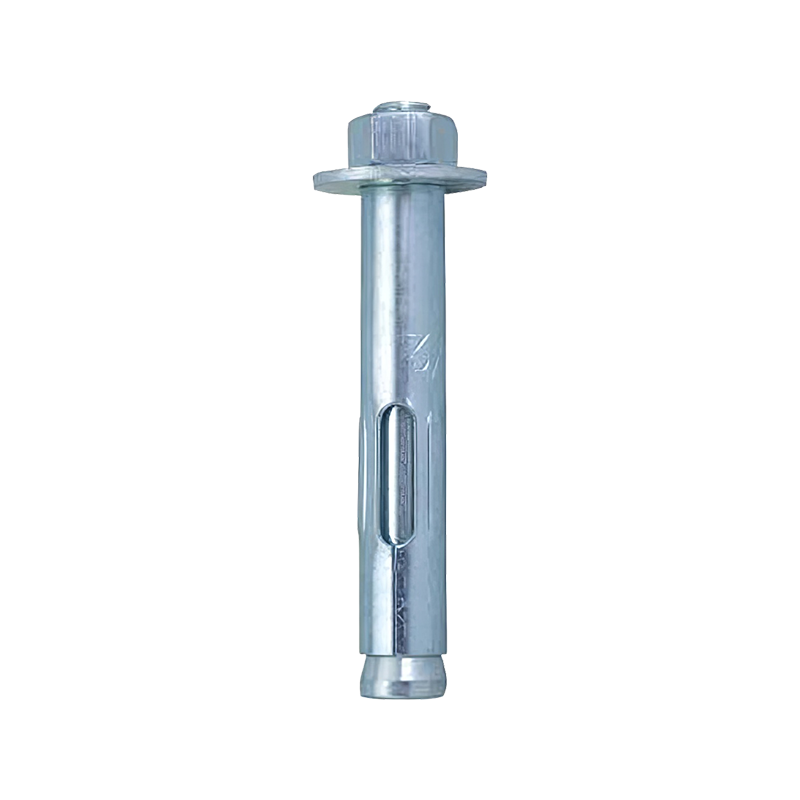
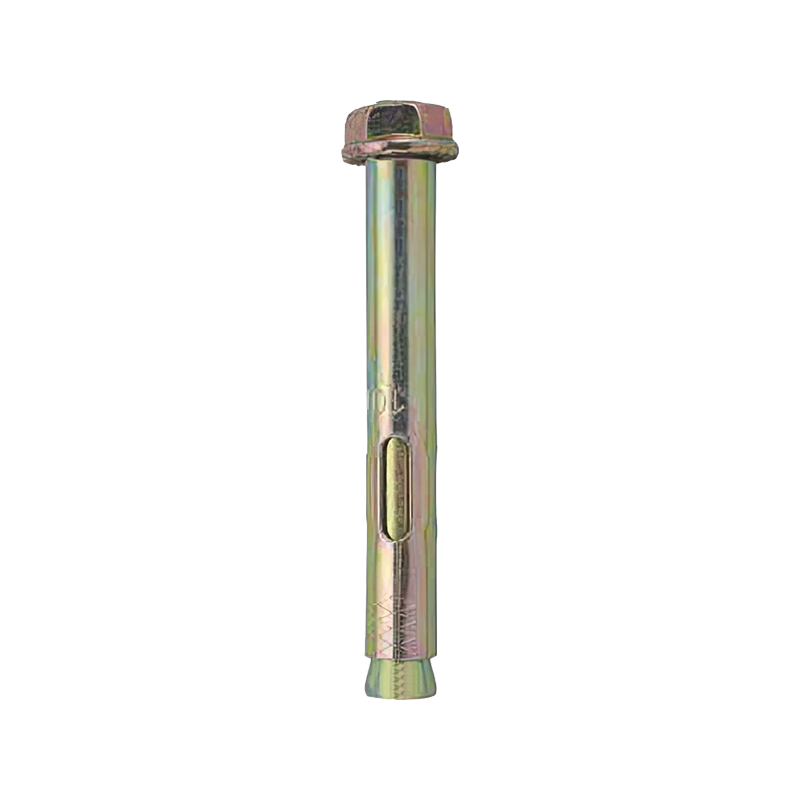

Contact Us